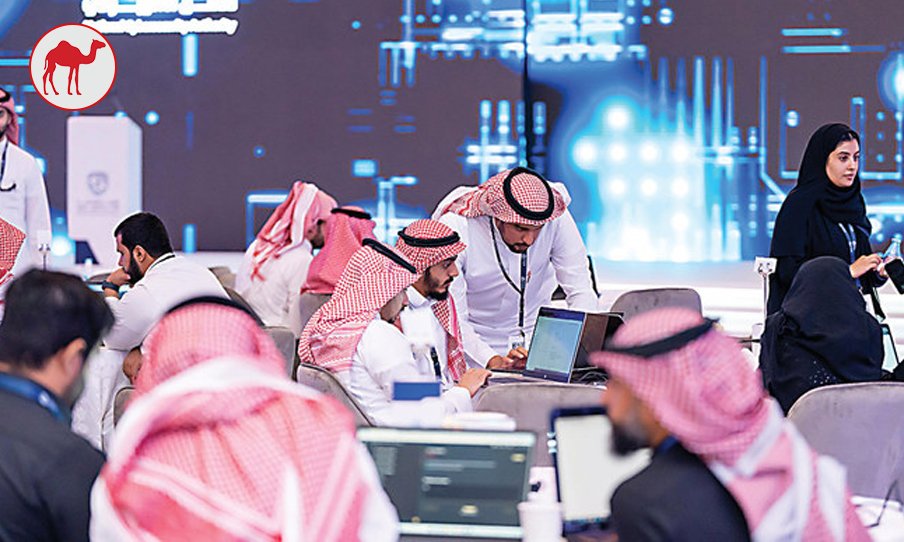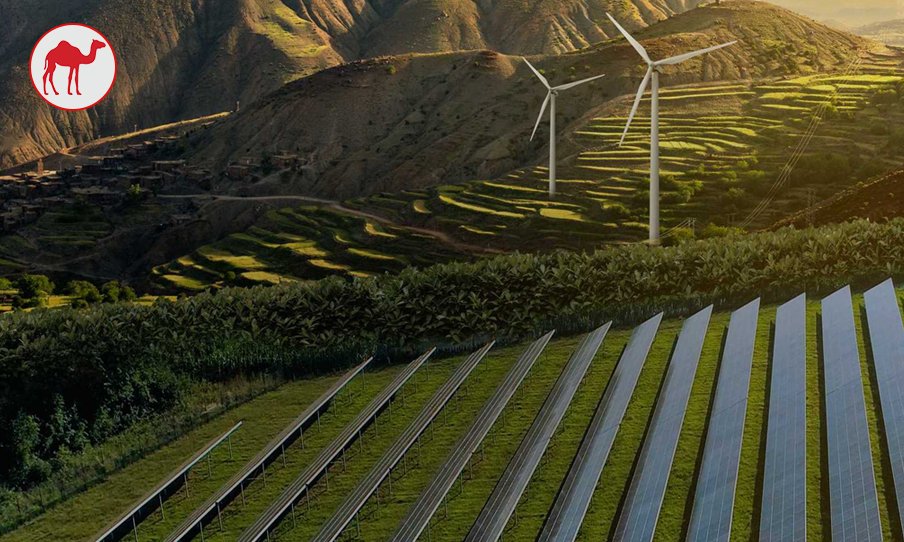What’s Fueling the Rise of Arab Startups in 2025?

Have you ever wondered why the Arab world is suddenly being talked about as a global startup hotspot?
Just a decade ago, when people discussed entrepreneurship, names like Silicon Valley, London, and Berlin dominated the conversation. But in 2025, the spotlight has shifted, and it’s shining brightly on the Arab world. From Riyadh to Cairo, young founders are building businesses that are not only solving local problems but also catching the attention of global investors. So, what’s driving this unexpected but powerful shift?
Let’s explore what’s truly fueling the rise of Arab startups in 2025.
1. A Young, Hungry, and Tech-Savvy Population
One of the biggest advantages Arab nations have today is their youth.
Over 60% of the population in the Arab region is under the age of 30. That’s a massive pool of ambitious, curious, and digitally native individuals who are not just consuming technology, they’re building it.
These young minds are no longer waiting for traditional job markets to open doors. Instead, they’re creating their own opportunities through startups, especially in areas like fintech, edtech, healthtech, and clean energy. And the best part? They deeply understand the needs of their own communities, which helps them design solutions that work.
2. Government Support is Stronger Than Ever
If there’s one game-changer for Arab startups, it’s the active involvement of governments.
In countries like the UAE, Saudi Arabia, and Egypt, national visions like Vision 2030 have placed innovation and entrepreneurship at the center of their economic agendas. Governments are not only encouraging startup culture, they’re investing in it.
They’ve created startup-friendly policies, tech hubs, business accelerators, and funding programs to help founders grow. For example, Saudi Arabia’s “Monsha’at” and the UAE’s “Hub71” are offering everything from office space to investor connections. These platforms are turning ideas into enterprises, and fast.
3. Access to Capital is Growing Rapidly
Let’s face it. No startup can survive without money. And in 2025, funding is flowing into the Arab region like never before.
Local venture capital (VC) firms, angel investors, and even sovereign wealth funds are stepping in to back Arab entrepreneurs. International investors, too, are seeing the potential and are eager to tap into this emerging market.
In fact, startup funding in the MENA region has crossed the $4 billion mark this year, a record high. This is creating a healthier ecosystem where more founders feel confident to take risks, build, and scale.
4. Solving Real, Local Problems
Arab startups are not just trying to copy what’s already been done in the West. They’re building real solutions for real local challenges.
For instance:
- In countries with cash-heavy economies, fintech apps are offering digital payments and micro-lending.
- In remote areas, edtech platforms are bringing high-quality learning to children who previously lacked access.
- In hot, dry climates, agritech startups are helping farmers grow more with less water.
This strong focus on solving local pain points is giving Arab startups an edge, they’re building with purpose, not just profit.
5. Global Exposure & Local Pride
Arab entrepreneurs today are deeply connected to the world. Thanks to online communities, tech conferences, and global partnerships, they’re learning from the best and applying it at home.
But what’s even more inspiring is how proud they are to build for their region, from their region. They’re proving that innovation is not limited to a few countries, it can come from anywhere, including the heart of the Arab world.
6. Women Entrepreneurs Are Rising
Another powerful force driving the startup wave? Arab women.
In 2025, more women across the region are starting businesses, joining accelerators, raising funds, and leading teams. Governments and private sectors alike are encouraging female participation, and it’s working.
From fashion-tech to health apps, women-led startups are gaining attention, and changing the narrative around what’s possible for female founders in the Arab world.
7. A Strong Sense of Community and Collaboration
Unlike the cut-throat competition seen in some parts of the world, Arab startup ecosystems are marked by a strong sense of community.
Founders share advice, support each other, and often collaborate rather than compete. Coworking spaces, pitch events, and mentorship programs are bringing people together and helping ideas grow faster.
The result? A thriving ecosystem where everyone wins.
The Arab startup story is not just about numbers or trends. It’s about people. It’s about young dreamers turning into builders, local challenges turning into opportunities, and a region stepping boldly into the future.
2025 may be the year the world truly wakes up to the Arab entrepreneurial spirit, but for those who’ve been paying attention, the signs have been here all along.
So, if you’re looking for the next big wave of innovation, keep your eyes on the Arab world. The future is already being written, startup by startup.


